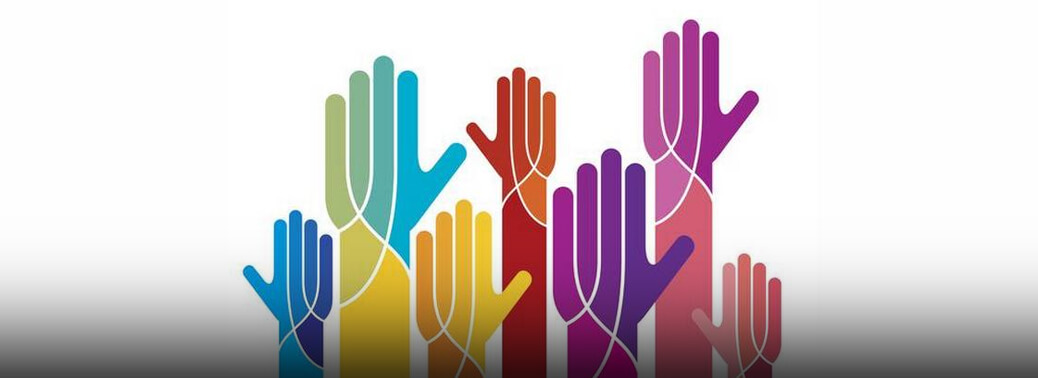THE LIMITS OF POPULISM
18, Apr 2019

Prelims level : Nil
Mains level : Nil
- It is very difficult for an incumbent government to offer biographical solutions to structural problems.
Details:
- Democracy and populism are cousins.
- Both Mahatma Gandhi and Jawaharlal Nehru were charismatic but not populist as they assumed a guiding role vis-à-vis the people rather than getting subsumed by their worldview. Gandhi didn’t hesitate to
- withdraw the non-cooperation movement in the aftermath of Chauri Chaura when it gained momentum, and Nehru stood for secularism and scientific rationality in the midst of Partition’s mass frenzy. The popular and the populist can be perfect strangers or bedfellows, and their transition into populism lies in a social, political and electoral mix.
History of populist elections
- Against this backdrop, post-Independence India witnessed the first populist national election transcending into populism in 1971, on the plank of Indira Gandhi’s “Garibi Hatao” slogan. That populism made the leader and the led coterminous. Since 1971, India has witnessed three more populist national elections transcending into populisms of various kinds, in 1977, 1989 and 2014, when the collective democratic quest in the electoral arena seemed to be for a saviour rather than a leader.
- On every occasion election appeared like a biography of a new saviour.
The story since 2014
- A ‘Hindu-Hriday-Samrat’ to the Hindutva constituency, a ‘developmentalist’ for the corporate and middle class, a ray of hope for the rural masses, an ultra-nationalist for those sensing a national drift, a ‘chaiwala’ for the poor, and an insider-outsider to the masses feeling vanquished by the very system that is supposed to empower them. Thus, the circle of electoral populism that emerged from the leftward vantage point in 1971 got completed in 2014 with the right-wing populism. India is in a post-charismatic leadership phase. How this phenomenon unfolds in these Lok Sabha elections is yet to be seen, but one big takeaway lies in the fact that a populist election without a charismatic leader cannot transcend into populism.
A fractured narrative
- Populism is no more the defining feature of Indian politics and, by extension, of Indian democracy. All the narratives offered are fractured, including that of nationalism. In all likelihood, the Lok Sabha elections, too, will yield a fractured mandate. A fractured mandate at this juncture will be a good omen for Indian politics as democracy mustn’t be reduced to the biography of a leader.






